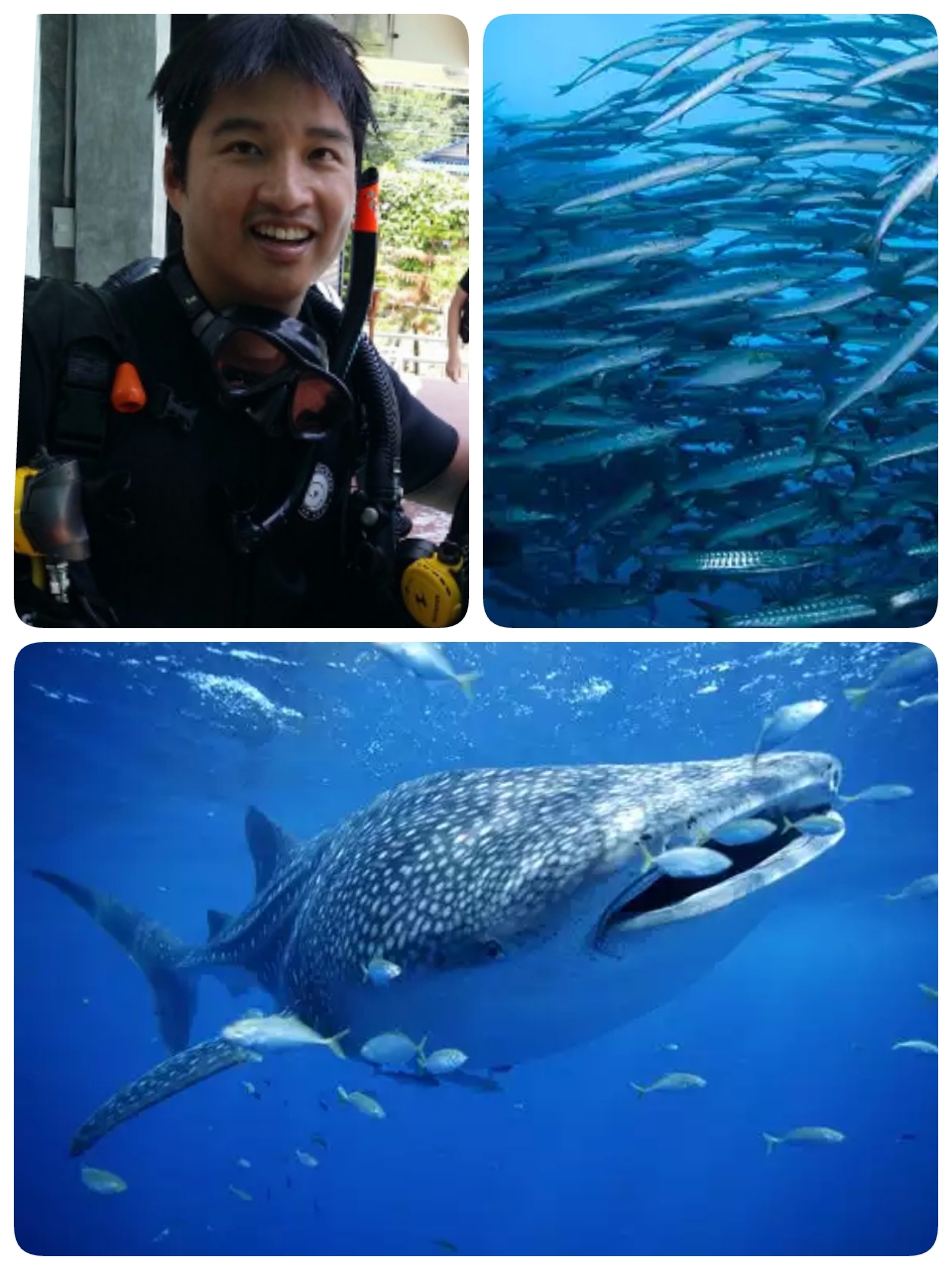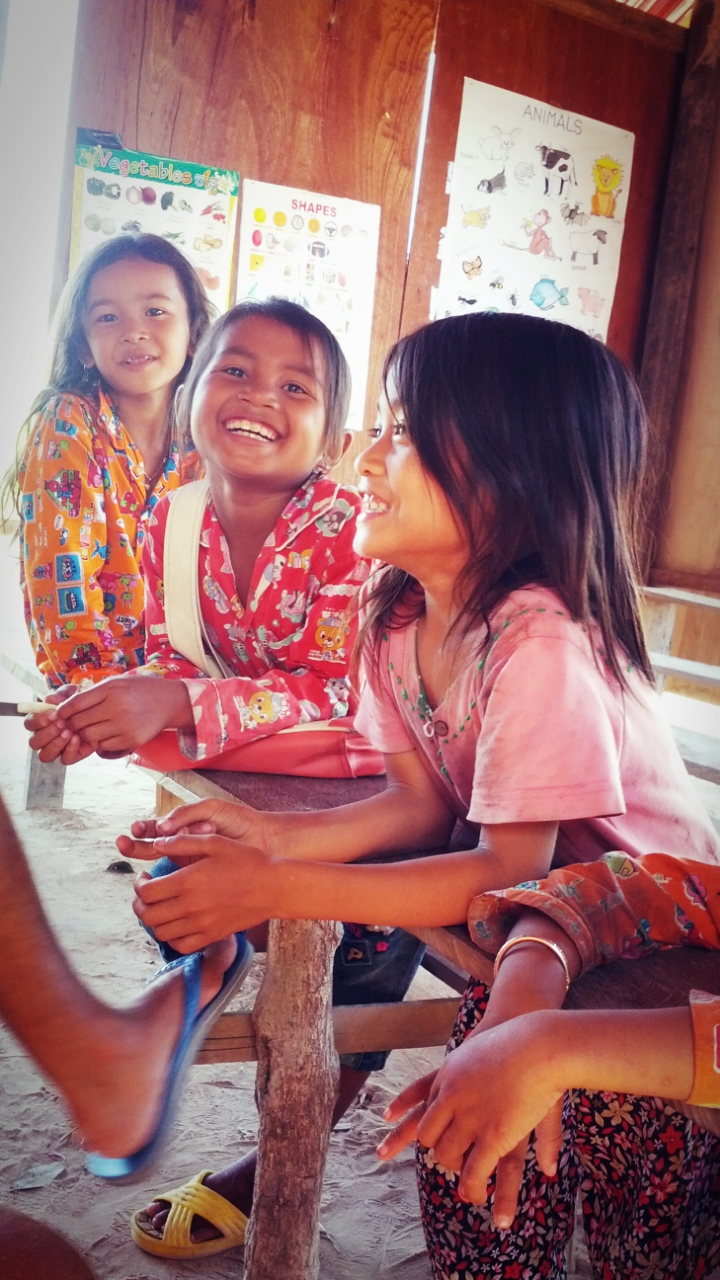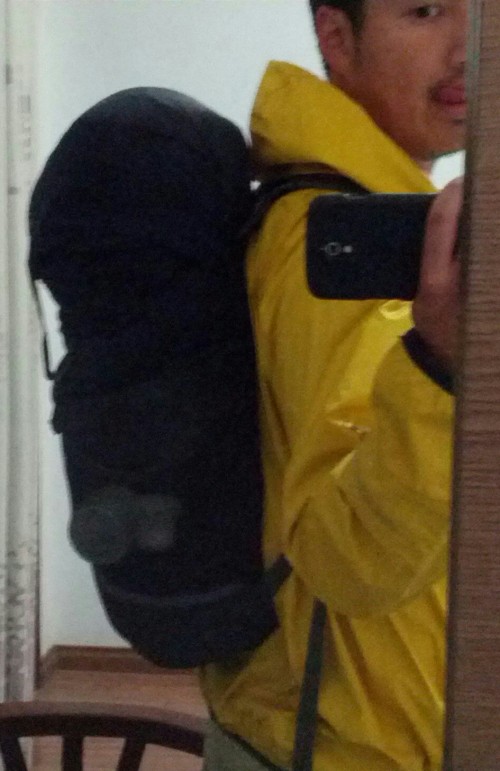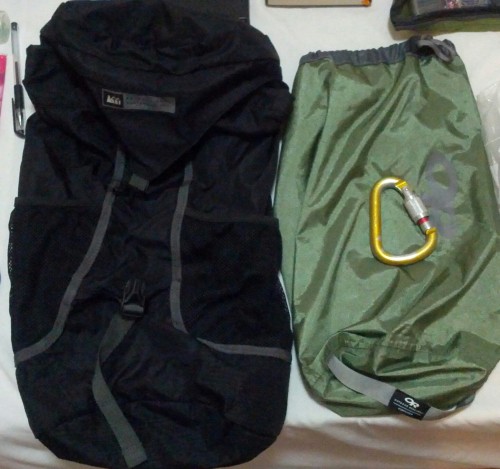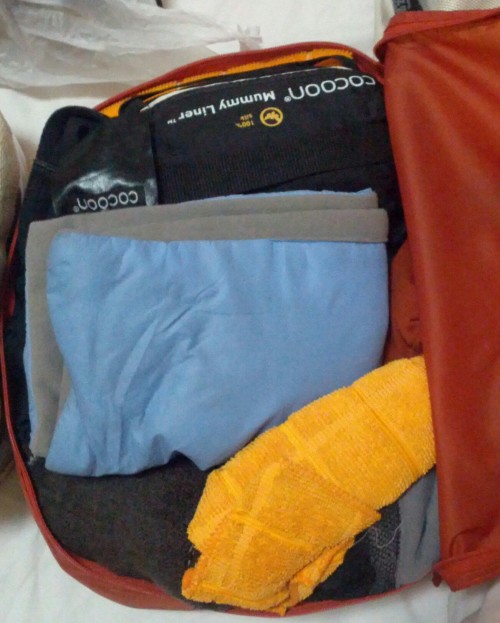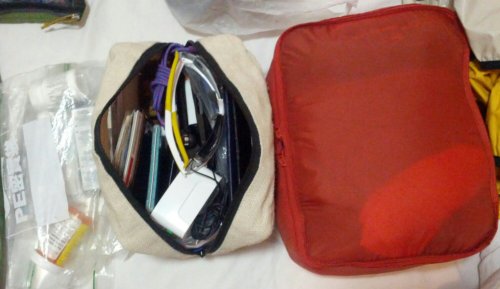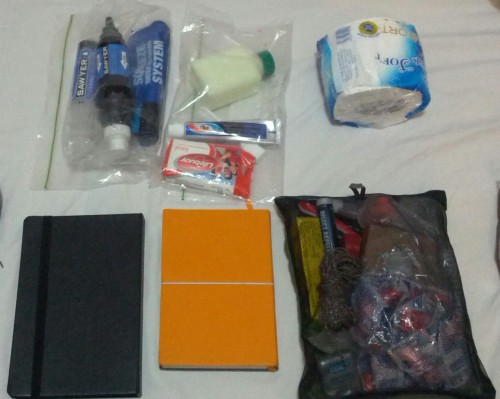“What you do proves what you believe” – Simon Sinek
BootsnAll is considered the one stop shop for aspirers of Round-the-World (RTW) travel. This is one bad-ass site. I actually Skype called one of the founders, Chris, who helped me with my itinerary. We chatted hours before the “I have to leave in December because I’ve committed to something” talk with my advisor. Had to grow a pair of balls sometime, right?
According to their trip planning page, step 1 to independent travel is answering, “What is Your Why?”
What is my motivation for volunteering and traveling? Why am I not following a “normal” path?
I want to live my own life and not live up to the expectations of others.
Really, that’s it. Financial independence mixed with some healthy conviction has enabled me to actualize this desire. The uncompromising feeling of “this is what I want to do right now” and to be able to do it is one of the most empowering feelings I’ve ever experienced.
Cancer research
I devoted my last 6.5 yrs to cancer research. Nay. If you count the 5 years as a lab technician at Washington University, I surpassed a decade. I pushed hard to make a difference. As with any specialization, one eventually reaches a moment of clarity – a clear view of the top, and the path toward it. I discovered I just didn’t want it badly enough.
And surprisingly, I don’t feel stuck.
I feel free!
If anything, the Ph.D. experience beat me down hard enough that I believe I can tackle absolutely anything.
Taking a step back, I asked myself what do I really want to be doing with my life? I want to help others. Cancer research was a way to improve an aspect human health. What else?
Why volunteer?
I’ve been privileged in my life. I’ve always had the resources to do what I desired. Many others are presented with much fewer opportunities. Beyond simply being a way to give back, I believe that devoting myself to volunteering for an extended period of time will completely change the way I view what constitutes making a positive impact in society. I believe the purest way to commit myself is to volunteer.
In interacting with the kids and working with the local staff, they’ll teach me so much more than what I know now. I want to experience all the triumphs and limitations of inserting myself into a foreign place in a volunteering capacity.
Why Nepal?
I’ve always been drawn to the mountains. I love backpacking and being close to the elements. I read some books centered around Nepal that fostered my desire to go:
Breaking Trail, Arlene Blum – what an audacious trail-blazer
Into Thin Air, Jon Krakauer – yeah, I probably won’t climb Everest
Leaving Microsoft to Change the World, John Wood – think BIG
Little Princes, Conor Grennan – immerse yourself and go with it, it can be eye opening
Many travelers to Nepal tell me that I’ll meet the happiest people in the world. I know I will.
Why travel?
There’s so much more to explore and experience in the world. I’ve been conditioned to interpret reality according to the cultures in which I was raised. Much of the doctrine is fear-based. “Don’t go to third world countries,” “Obtain job security, work hard, repeat,” “You won’t …” “You’ll never…”
Travel will open up my mind. I want to cultivate compassion. I want to understand others. I want to connect with people, to experience their joys and pains. I believe people in this world are honest, capable, and loving; and it’s our lack of interaction that causes prejudices, fear, sometimes hate. I like to think of myself as open-minded. But am I really?
I want to challenge myself – to tear myself out of my comfort zone. I want to embrace uncertainty whole-heartedly.
I want to discover what really compels me.
What I’m leaving behind
I’ve enjoyed working in genomic medicine and want to contribute to this field. I’m confident in my ability to add value in whatever position I eventually fill. However, work will always be there.
I’m so lucky to have a supportive girlfriend. Winnie’s experienced extended independent travel, has volunteered at an orphanage in Nepal, and is starting this journey with me in Nepal. I don’t know if I could have it any better.
What I want
The next year is an investment into myself. I want to become self-reliant. I want to become undefeated.
However, I need to be open minded too, and not set definite goals.
I believe there are so many big questions and problems to address in this world, and that the ones that I have been trying to solve have been first world ones. I don’t want to be inconsequential. I want to wake up every morning with a sense of purpose. I want to think big.
And finally, I want to learn how to really live.
That is my why.
Additional Resources
The Art of Non-Conformity, especially this manifesto.
Vagabonding
37.412917
-122.188882
